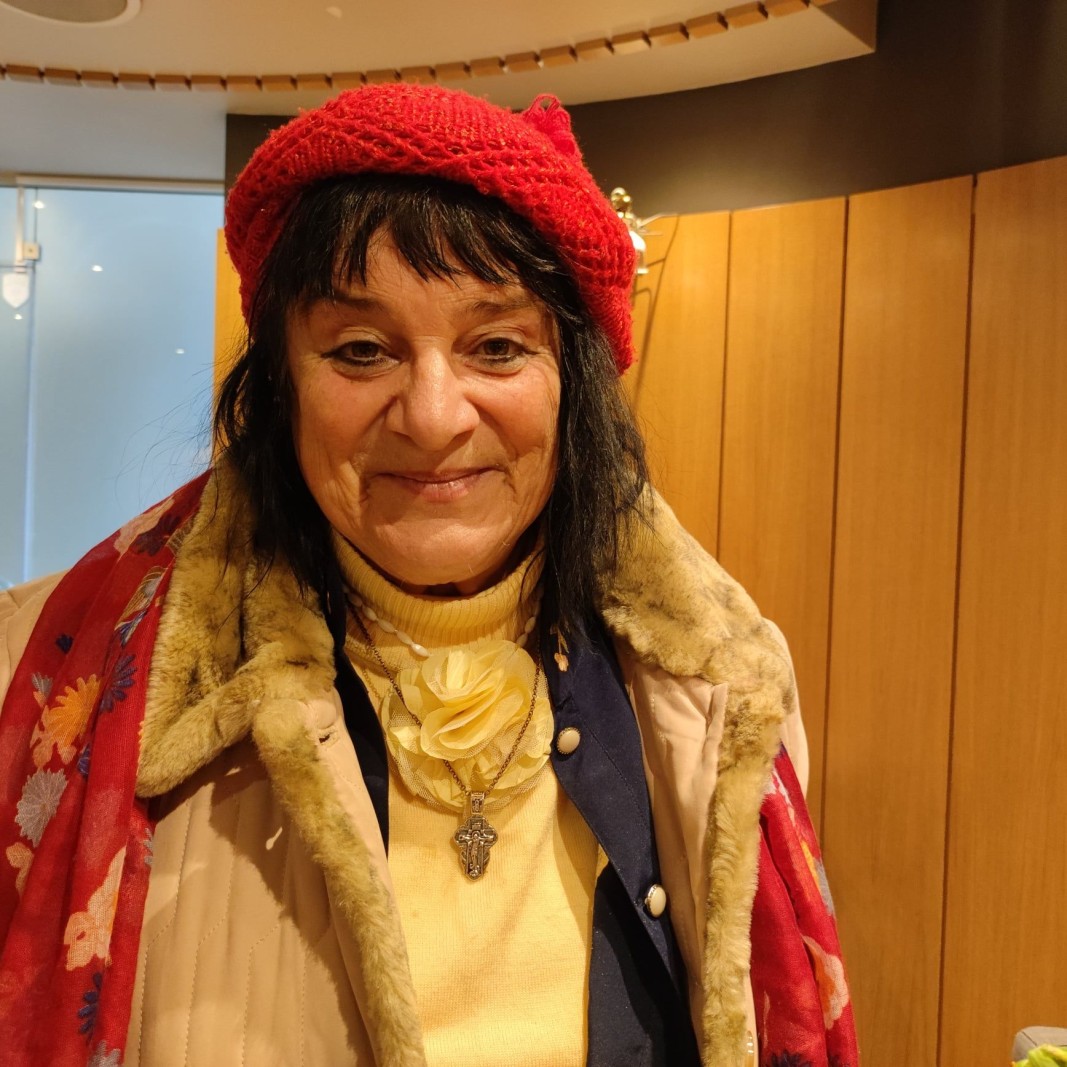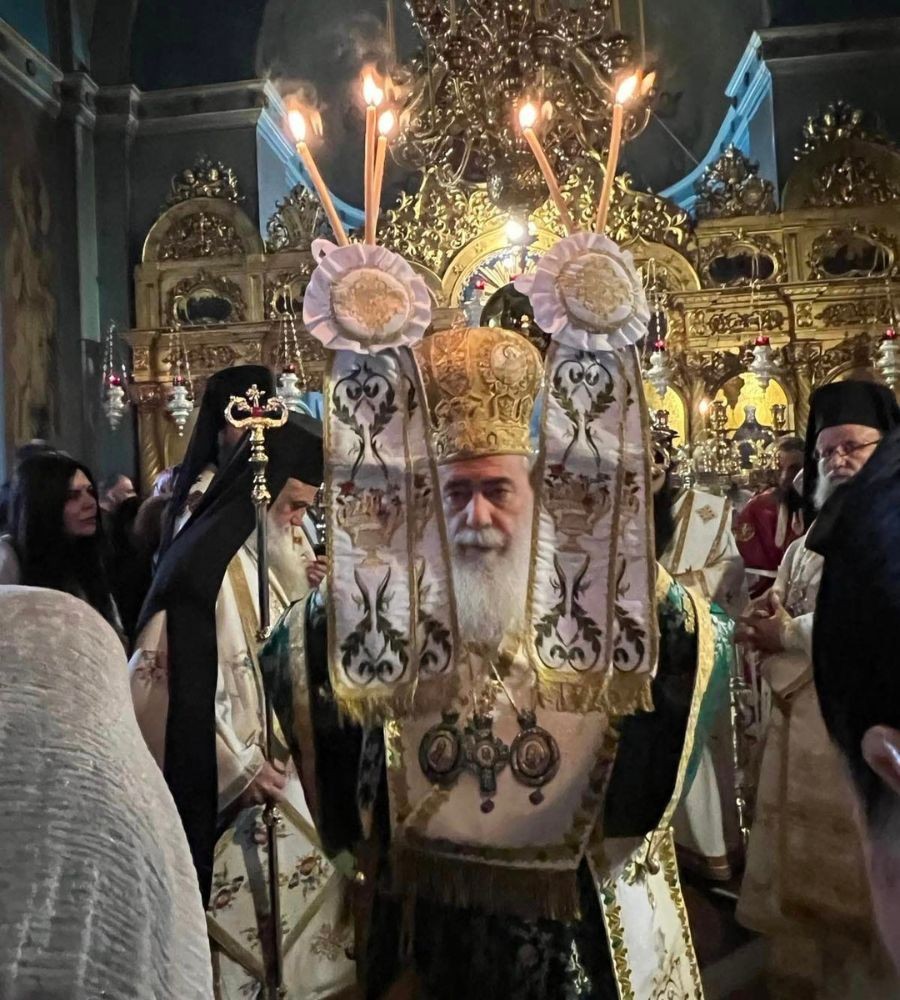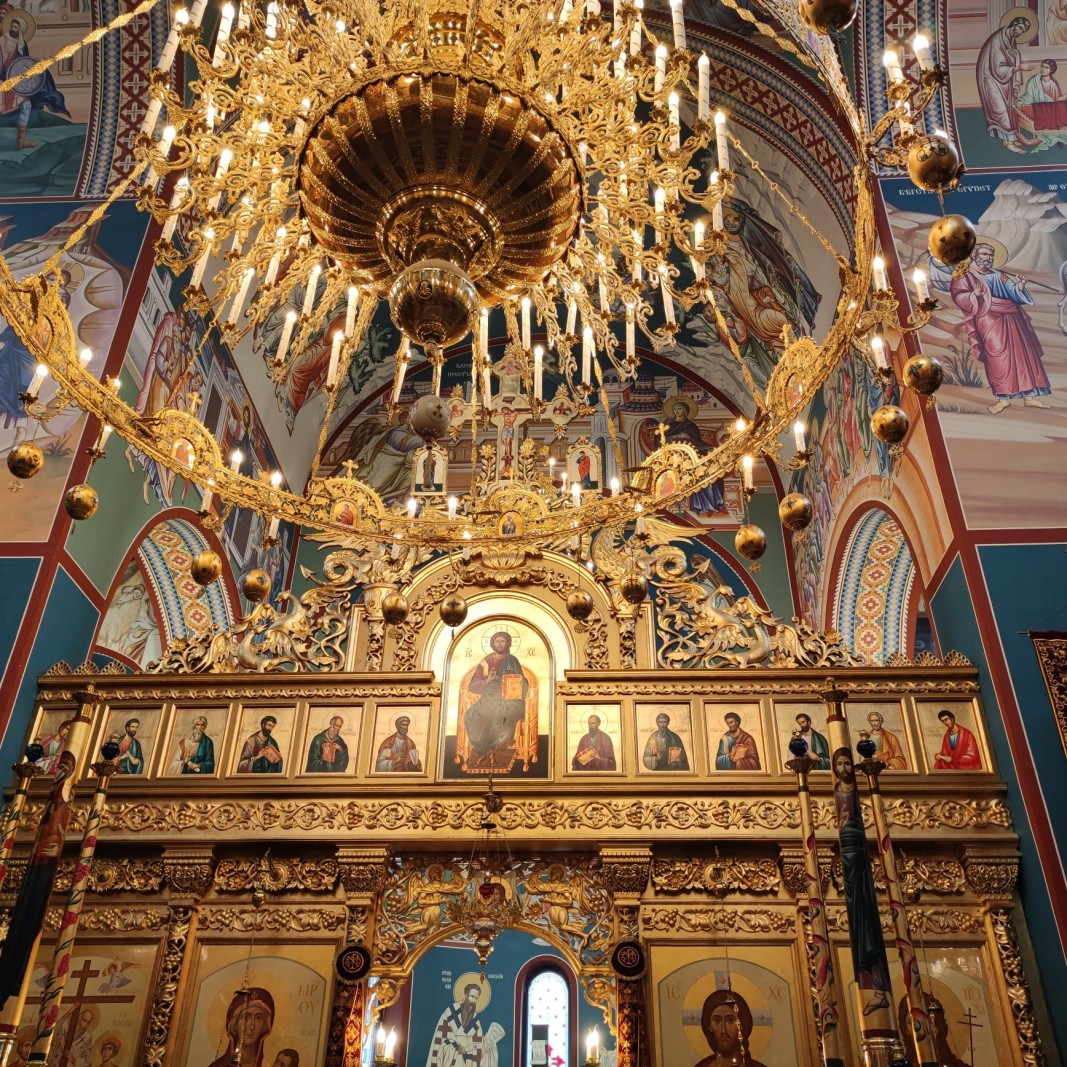"If Christ has not been raised, your faith is futile," St. Paul said in his First Epistle to the Corinthians.
Christ's Incarnation and the culmination of His redemptive work - His death and His Resurrection - is the heart of Christian teaching that has kept the faith of Christians alive for more than two millennia. In this sense, Christ's Resurrection is essential to the Christian faith because it changes the status quo in the universe, destroying death to give us eternal life. Love and all-forgiveness triumph and all are invited to celebrate at God's table. An expression of this great celebration is the Easter service, at the end of which both fasters and non-fasters are invited to take communion in order to receive God and unite with Him.

"The beauty of knowing that death is not terrible and as in the spring all living things are reborn, after death we too will rise, like our God, to eternal and blissful life in His kingdom," notes Krasimira Draguleva, a long-time English teacher. - For Orthodox peoples, the greatest feast of the year is not the Nativity of Christ, but the Resurrection of Christ. It is a promise to all of us of what is to come, but of course, provided we live in Christ, not only to celebrate, to light a candle, but also to receive the Holy Eucharist. Do we love Him, do we believe in Him? To believe in Him means to study Christ's teachings and to experience the Holy Eucharist, with penance, communion and adoration. This is the Resurrection of Christ! That is why it is such a wonderful and all-encompassing feast."
They call the Resurrection the feast of feasts because there is no greater joy than victory over darkness and suffering. Faith in the Resurrection and eternal life is the power that helps believers to pass through trials without harboring pain and bitterness in their souls. What distinguishes the true Christian is the complete absence of malice and envy and his ability to rejoice with others despite his personal suffering. "This is, I would say, a mark of self-denial, like Christ's," notes Father Boris Borisov of the Transfiguration of the Lord Orthodox Church in Sofia, adding:

"We all have our ordeals, our moments of hardship, and here we must look to the cross of Christ and His holy resurrection, which reveal to us the meaning of suffering. It is something we cannot fully understand, of course, purely rationally, but still the higher meaning of suffering is to be perfected. Like gold in the furnace, in the fire of sorrows, to rejoice with those around us who are experiencing joyful events at that moment, to preserve our humanity, to be able to rise in magnanimity - that is also very important."
Father Boris says that every person at some point in his life goes through great sorrows and losses; the point is to carry our cross as part of our salvation so that we can share in Christ's resurrection:

"As Jesus Christ said,"Whoever would come after me, let him deny himself, and take up his cross, and follow me." It is these truths that the Church draws our attention to. Being followers of Christ is thus not a thing that is implied, but we must constantly strive and so compel ourselves," notes Father Boris. - This means to wage an inner struggle with our selfishness, with our avarice, with our indulgence and feeble character, so that we can really come as close as possible to God, to be like God, which is the goal of the Christian life."
In today’s world, where material values overshadow the spiritual, reflections on the salvation of souls somehow remain in the background. The constant race against time and the stream of daily tasks muffle the voice of the soul, which struggles to..
In 1018, after half a century of struggle, the First Bulgarian Empire was conquered by Byzantium. Despite the many uprisings of the Bulgarians, the power of Constantinople lasted for nearly two centuries. In the autumn of 1185 or the..
On 19 October, Bulgarians commemorate St Ivan Rilski, also known as St John of Rila, who is considered the country’s heavenly protector. He founded the Rila Monastery, which is the largest and most influential spiritual centre in Bulgaria. Ivan..

+359 2 9336 661
